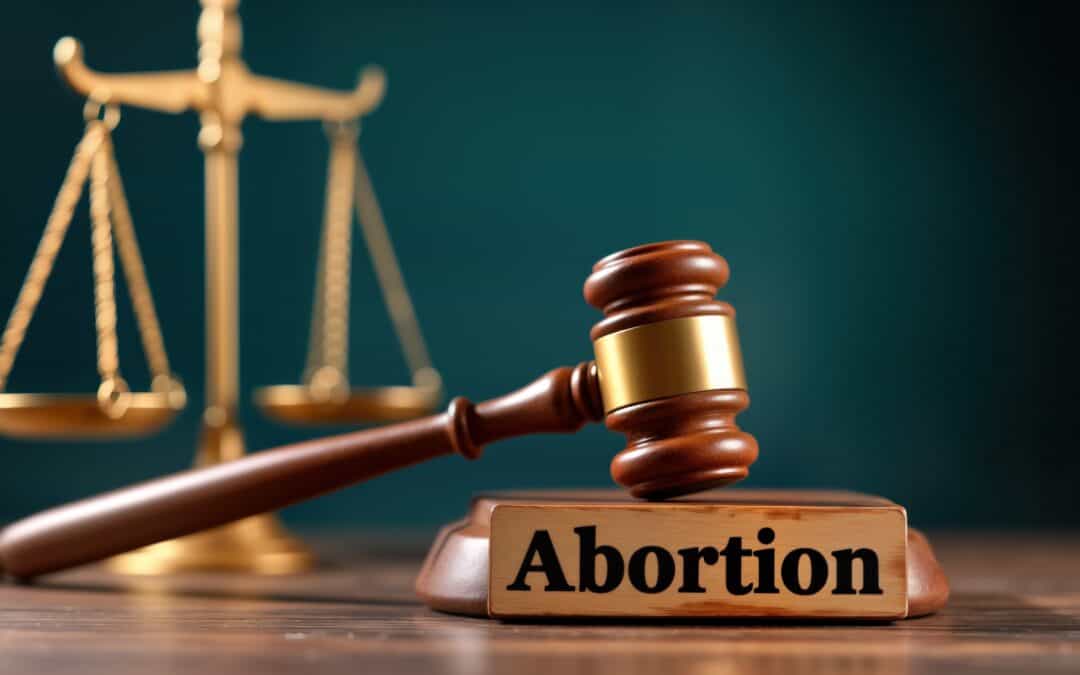
Feb 1, 2025 | Divorce Law
When facing a divorce in Arizona, understanding how a family business is divided can be vital to protecting your financial interests. Arizona’s community property laws directly impact the division of assets, including any business started or grown during the marriage, and how it affects the divorce with a business involved. Whether you are a business owner or share ownership with your spouse, these proceedings can have far-reaching consequences for your livelihood.

Jan 25, 2025 | Divorce Law
Dividing assets during a divorce can be a challenging and emotionally charged process. Among the most significant concerns for many couples are retirement assets and pensions. These resources, often accrued over years or even decades, can represent a substantial portion of the marital estate, especially when considering retirement after a divorce. Understanding how to protect your pension in divorce and handle retirement benefits in a divorce is important for securing your financial future, particularly once the divorce is finalized.

Jan 23, 2025 | Divorce Law
Divorce is a significant life event that impacts various aspects of life, including health insurance coverage. Understanding the implications of divorce on health insurance and exploring available options is essential for safeguarding your well-being.

Jan 14, 2025 | Divorce Law
High-net-worth divorces, often involving assets worth $1 million or more, differ significantly from standard divorce cases. A high net worth divorce require experienced legal representation to manage their financial and legal challenges. At CHM Law, we specialize in handling complex divorce cases, ensuring your assets are protected and your interests prioritized.

Jul 22, 2024 | Family Law, Child Custody, Divorce Law
Navigating a divorce can be an emotionally and legally complex process. In Arizona, individuals can represent themselves by acting “pro per.” While this can save money upfront, it often comes with significant risks and challenges. Contact Colburn Hintze Maletta for expert guidance and support through the divorce process.





